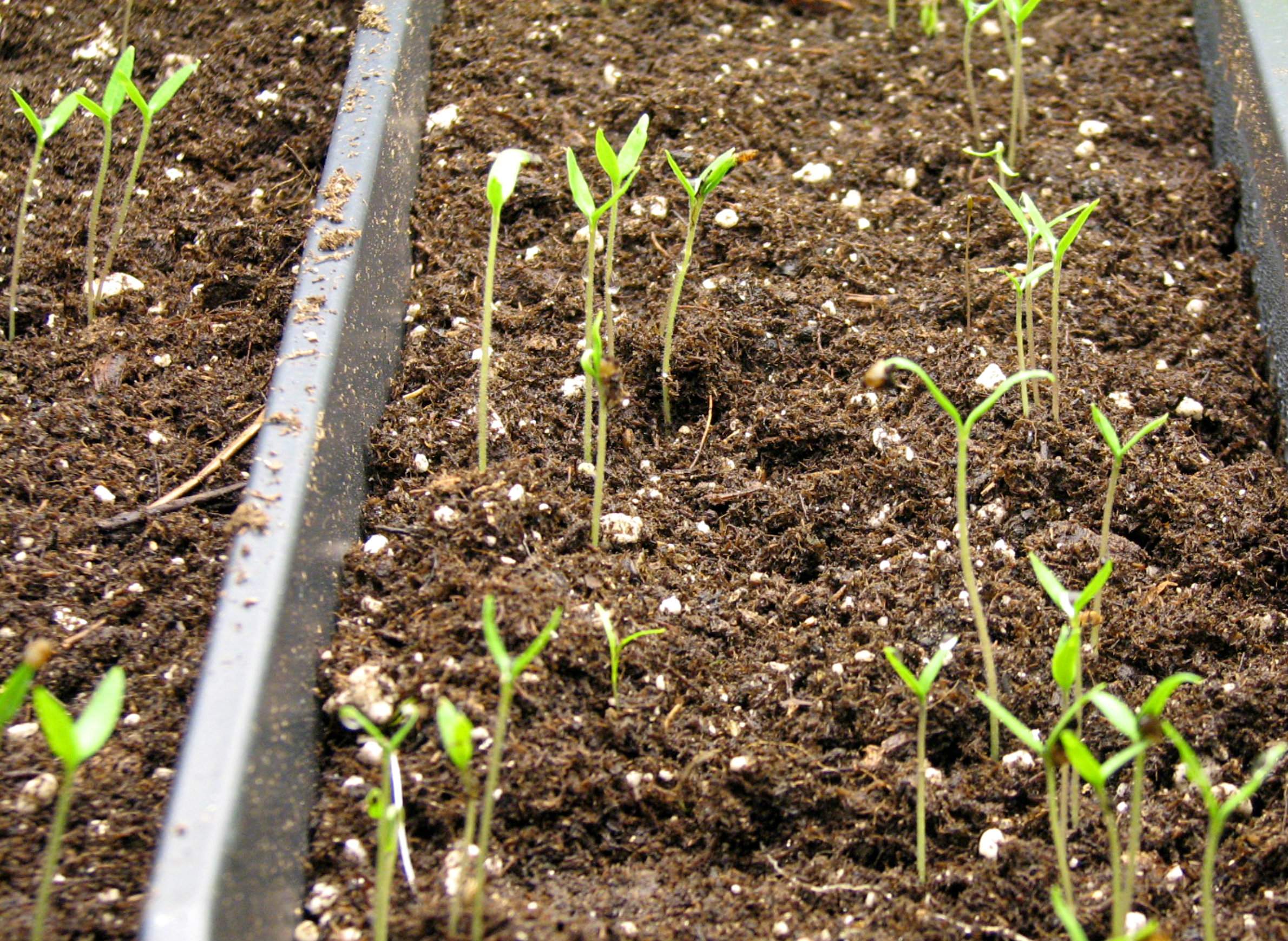
Cooler weather is best for vegetable gardens. This will help to prevent evaporation. Sprinklers are a great way of preventing excess evaporation. However, it is important to monitor soil moisture. The more you water your vegetable garden, the more they will need. Here are some tips to water your vegetable gardening.
A lack of water in your vegetable garden can cause poor plant growth. A rain gauge will help you know when to water plants. It may be difficult to know the right time to water your plants when you live somewhere that doesn't receive a lot of rainfall. A rain gauge is a useful tool to help you decide when you should increase your irrigation. A weekly sprinkler can also help you monitor the moisture level of your soil.

The most important factor for vegetable gardens' success is soil. Poor soil can become saturated and compacted very quickly. Poor soil can cause rapid saturation and compacting. It is also a good idea for soil to be amended with sand, or compost, before planting vegetables. It will help retain water and prevent weeds from growing in your garden. When it is dry, the best time to water your vegetable gardens.
Depending upon the size of your garden you can use either a watering cup or a watering wand. Another option is to use a hose with a good nozzle. To get the best results, place the hose on the floor. To prevent soil from eroding, ensure that you place a rock or board underneath the hose. If you don’t have a garden hose, you could lay it on the ground. As it is cooler during the morning and less water evaporates, it is best to water your garden early in the morning.
Watering your vegetable garden is crucial, but there are some conditions that could prevent it from absorbing enough water. Poor drainage can make soil too wet and dry. Root rot can occur when soil becomes soggy. This is very harmful for vegetables. It is important to regularly check the soil's moisture levels and select irrigation methods that suit their needs.

There are many ways to water vegetables if you have a backyard garden. To ensure adequate moisture, water your vegetable garden in the early morning if you live in a dry area. It's not essential but vegetables need lots of water to thrive. The lack of proper moisture can lead both to disease and fungus. You may see cracks and blossom end rot in your vegetables if you don't have enough water.
FAQ
What is the best way to determine what kind of soil I have?
It is easy to tell the difference by the color of your dirt. More organic matter is found in darker soils than in lighter soils. You can also do soil tests. These tests are used to determine the quantity of nutrients in soil.
What is the first thing to do when starting a garden?
Preparing the soil is the most important step in starting a garden. This includes adding organic material such as composted horse manure, grass clippings or leaves, straw and the like, which provides plant nutrients. Next, you will plant your seeds or seedlings directly into the prepared holes. Then, water well.
Which month is the best to start a vegetable gardening?
The best time to plant vegetables are from April through June. This is when the soil temperature is highest and plants grow most quickly. If you live outside of a warm climate, you might be better off waiting until July or August.
Statistics
- As the price of fruit and vegetables is expected to rise by 8% after Brexit, the idea of growing your own is now better than ever. (countryliving.com)
- According to the National Gardening Association, the average family with a garden spends $70 on their crops—but they grow an estimated $600 worth of veggies! - blog.nationwide.com
- Most tomatoes and peppers will take 6-8 weeks to reach transplant size so plan according to your climate! - ufseeds.com
- 80% of residents spent a lifetime as large-scale farmers (or working on farms) using many chemicals believed to be cancerous today. (acountrygirlslife.com)
External Links
How To
How do I keep weeds out of my vegetable garden?
Growing vegetables that are healthy is not possible due to weeds. They are a threat to water, nutrients and sunlight as well as for space. These tips will prevent them destroying your garden.
-
Take out all flowering plants
-
Clean up any plant debris at the base
-
Mulch is a good choice
-
Get enough water
-
Rotate crops
-
Don't let grass grow for too long
-
Keep soil moist
-
Plant early
-
Harvest often
-
Add compost
-
Use pesticides sparingly
-
Get organic vegetables
-
Get heirloom seeds
-
Start small
-
Learn about companion planting
-
Be patient
-
Enjoy gardening!